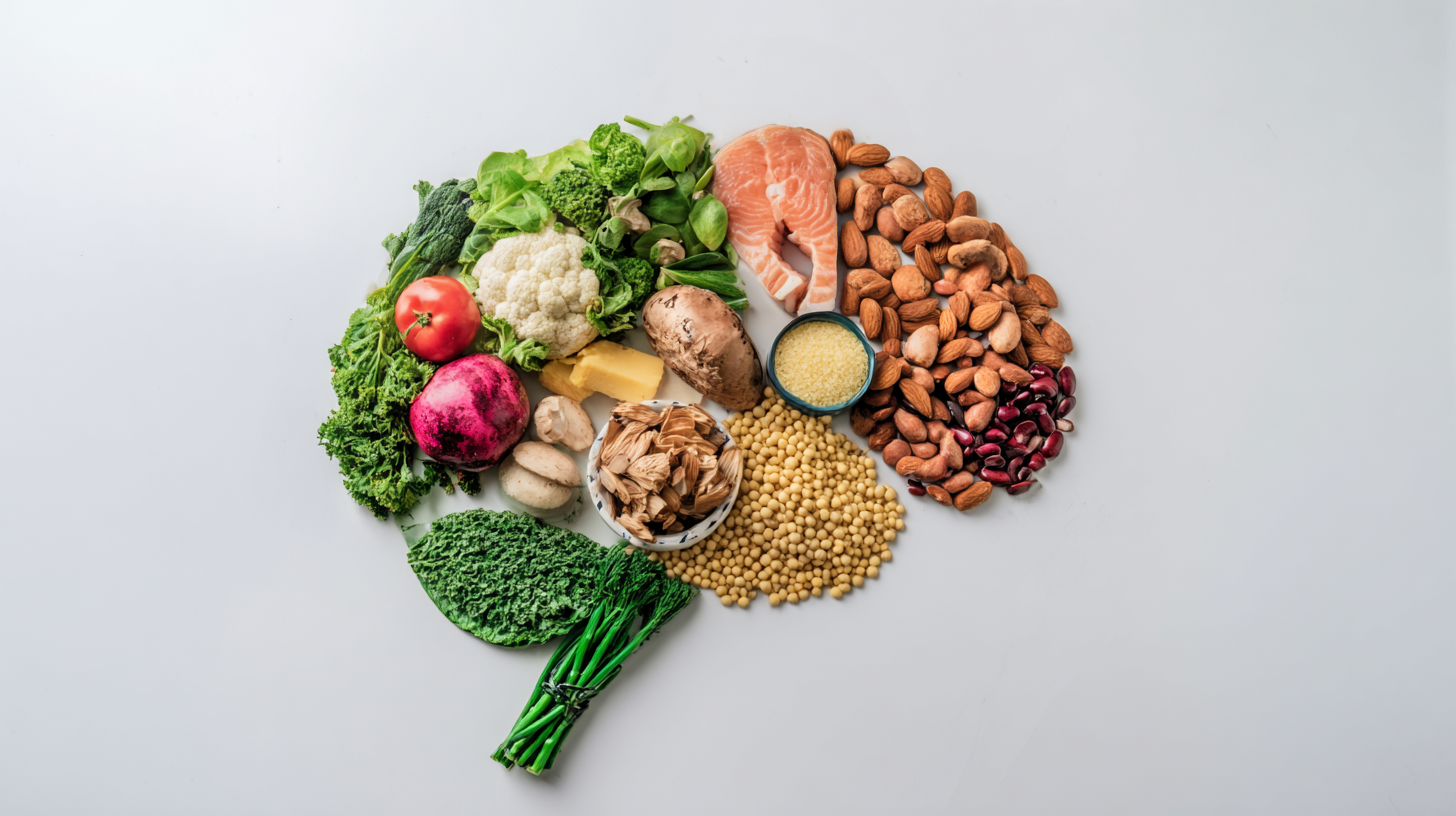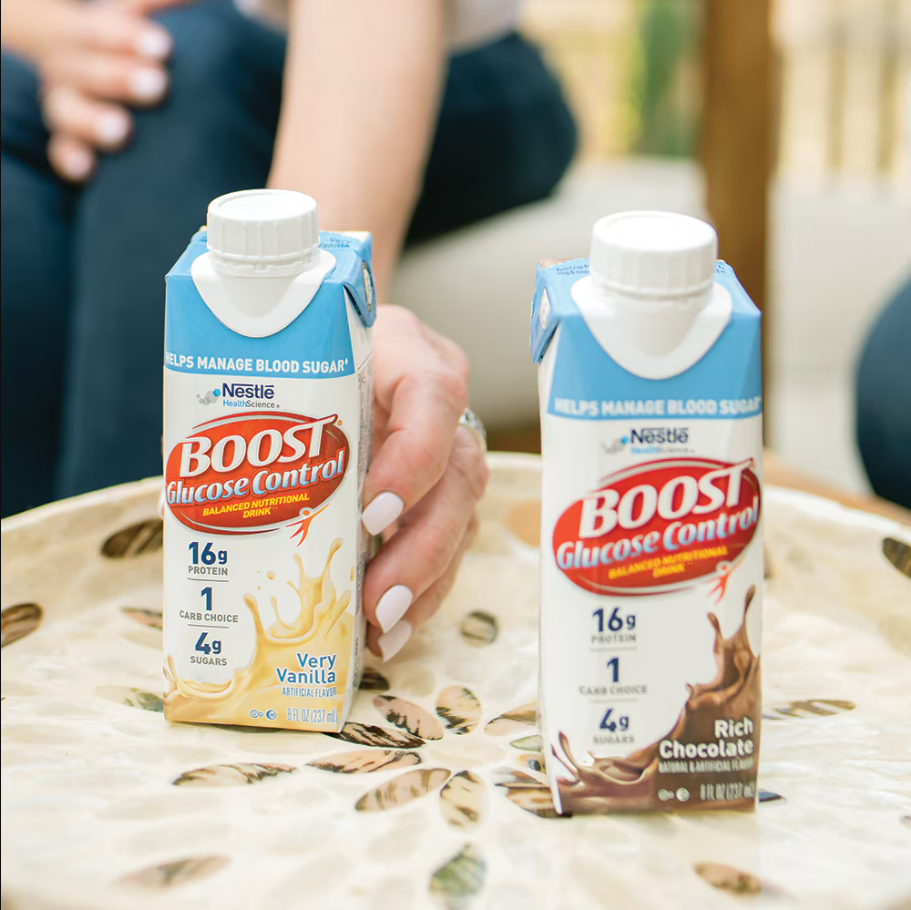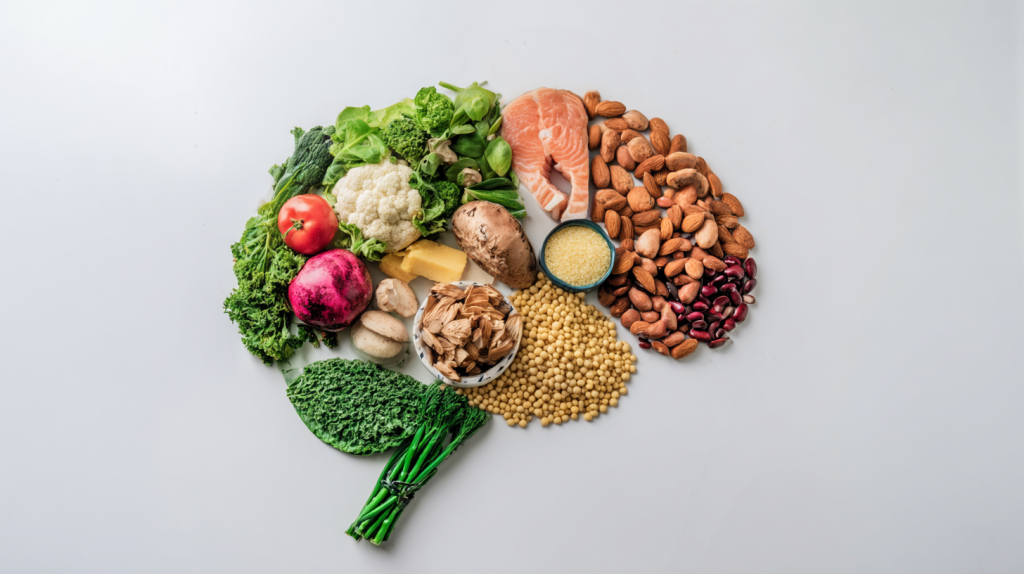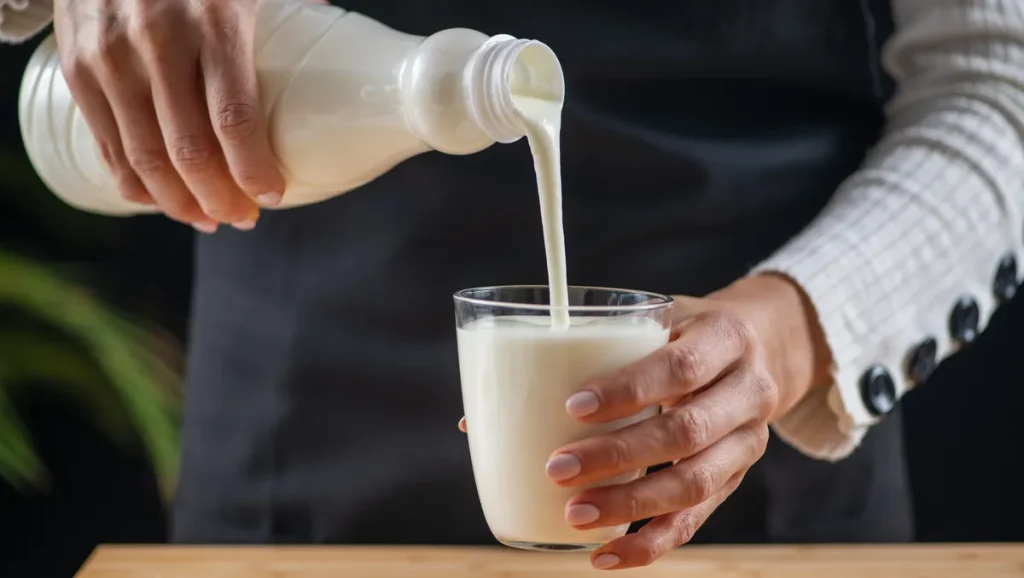In dementia care, nutrition matters. While routines and activities are essential, what goes on the plate can shape brain health in meaningful ways. Simple, nutrient-rich foods often already familiar can support memory, reduce inflammation, and slow cognitive decline.
At Good Comfort, we see food as more than fuel, it’s a form of therapy. Below are five everyday foods backed by science, along with easy ways to include them in daily meals.
1. Berries: Nature’s Magical Memory Boosters
Blueberries and strawberries shine for their flavonoid content especially anthocyanidins—naturally supporting communication among brain cells and reducing oxidative stress. A long-term study involving over 16,000 older women found that those who ate more berries experienced a delay in cognitive decline equivalent to 1.5–2.5 years (reference).
How to serve it: Mix berries into oatmeal, blend into smoothies, or top yogurt for a colorful, brain-boosting snack.
2. Leafy Greens: Brain-Healthy Powerhouses
Spinach, kale, and Swiss chard are full of folate, vitamin E, and lutein, nutrients that help preserve brain tissue and support neural function. Research indicates that individuals who enjoy leafy greens daily exhibit cognitive abilities similar to people 11 years younger.
How to serve it: Sauté spinach with garlic, add kale to soups, or toss Swiss chard into pasta dishes for a nutrient-rich twist.
3. Fatty Fish: Omega-3 for Cognitive Clarity
Anchored by salmon, sardines, and mackerel, fatty fish are rich in DHA, a powerful omega-3 fat that supports memory and reduces brain inflammation. Regular intake is associated with lower dementia risk and healthier brain volume.
How to serve it: Bake salmon with herbs, mash sardines into spreads, or sprinkle canned mackerel over salads.
4. Walnuts: Crunchy Brain Tutors
Walnuts are one of the few nuts high in alpha-linolenic acid (ALA), a plant-based omega-3 beneficial for heart and brain health. A study published in The American Journal of Clinical Nutrition linked walnuts to better cognitive scores in older adults .
How to serve it: Top salads with walnuts, stir them into porridge, or enjoy them as a wholesome snack.
5. Olive Oil: Liquid Gold for the Mind
Extra-virgin olive oil is loaded with monounsaturated fats and polyphenols, helping protect against cognitive aging. It’s a key player in the MIND diet, endorsed by brain health researchers (reference).
How to serve it: Drizzle olive oil over roasted vegetables, use it in dressings, or substitute it for butter in cooking.
Bringing Brain-Boosting Nutrition Home
You don’t need a complicated diet to nourish the brain. Integrate these ingredients into familiar meals to support cognitive health naturally. At Good Comfort, our Care Partners help create personalized meal plans, prepare nutrient-rich dishes, and ensure hydration and mealtime enjoyment for clients at all stages.
Book a Virtual Meeting with our care team to explore how nutritional wellness can be part of your loved one’s everyday care.
Sources:
- Dietary Intakes of Berries and Flavonoids in Relation to Cognitive Decline – Annals of Neurology pubmed.ncbi.nlm.nih.gov+3pmc.ncbi.nlm.nih.gov+3sciencedaily.com+3
- EatingWell – How Food Can Help You Look and Feel More Youthful eatingwell.com
- Verywell Health – Blackberries’ Health Benefits verywellhealth.com
- Verywell Health – MIND Diet May Cut Dementia Risk health.harvard.edu+15verywellhealth.com+15thesun.co.uk+15























